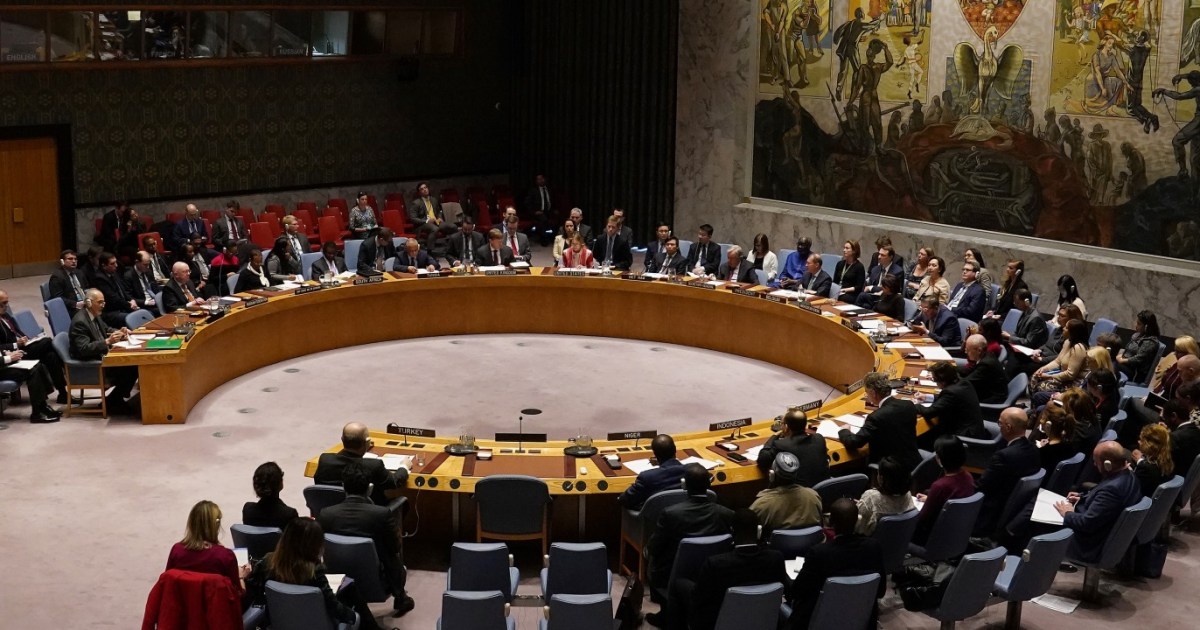US Republican lawmakers are preparing to launch an unprecedented sanctions package against Iran aimed at bankruptcy, while Moscow and Beijing have begun to act at the United Nations to protect Tehran against Washington's threats.
The Washington Free Bacon website described the sanctions as unprecedented, adding that it is expected to be presented to Congress on Wednesday. He made it clear that it aims to push the Iranian regime into bankruptcy.
He said that these sanctions are part of a larger bill reaching what he called malicious systems all over the world, including Russia and China.
The project also includes proposals to end work with exemptions that allow Iran to sell electricity to Iraq, and demands the punishment of Iraqi groups responsible for attacks on the US embassy in Baghdad, and cut aid to Lebanon.
Washington also threatened to activate a return to United Nations sanctions against Iran if the Security Council did not extend an arms embargo, which is due to expire next October under Tehran's agreement with world powers to prevent it from developing nuclear weapons.
In return, Russia and China began a move at the United Nations to counter Washington's claim that it could activate a measure that would restore all sanctions imposed on Iran at the UN Security Council.
In this regard, Russian Foreign Minister Sergey Lavrov and Chinese top diplomat Wang Yi wrote two letters to the Security Council and the United Nations Secretary-General.
And the United States is calling for activating what is known as the rapid return of sanctions under the nuclear deal with Iran, despite Washington's withdrawal from the agreement in 2018.
Silly behavior
Lavrov wrote that the United States is "ridiculous and irresponsible ... this is totally unacceptable."
Lavrov referred to an opinion of the International Court of Justice in 1971, which considered that one of the basic principles governing international relations is that "a party that disclaims or does not fulfill its obligations cannot be recognized by preserving the rights derived from the relationship."
The US ambassador to the United Nations, Kelly Kraft, said last week that the draft resolution on the arms embargo will be distributed to Council members soon.
Russia and China, which have veto powers, have indicated their opposition to reimposing the arms embargo on Iran. And if the two countries block the US resolution, Washington will have to press ahead with its threat to activate a speedy return to sanctions.
In his letter, Wang wrote, "The United States is no longer a party to the nuclear agreement with Iran after its withdrawal from it, and it is no longer entitled to demand that the Security Council implement the speedy return of sanctions."

